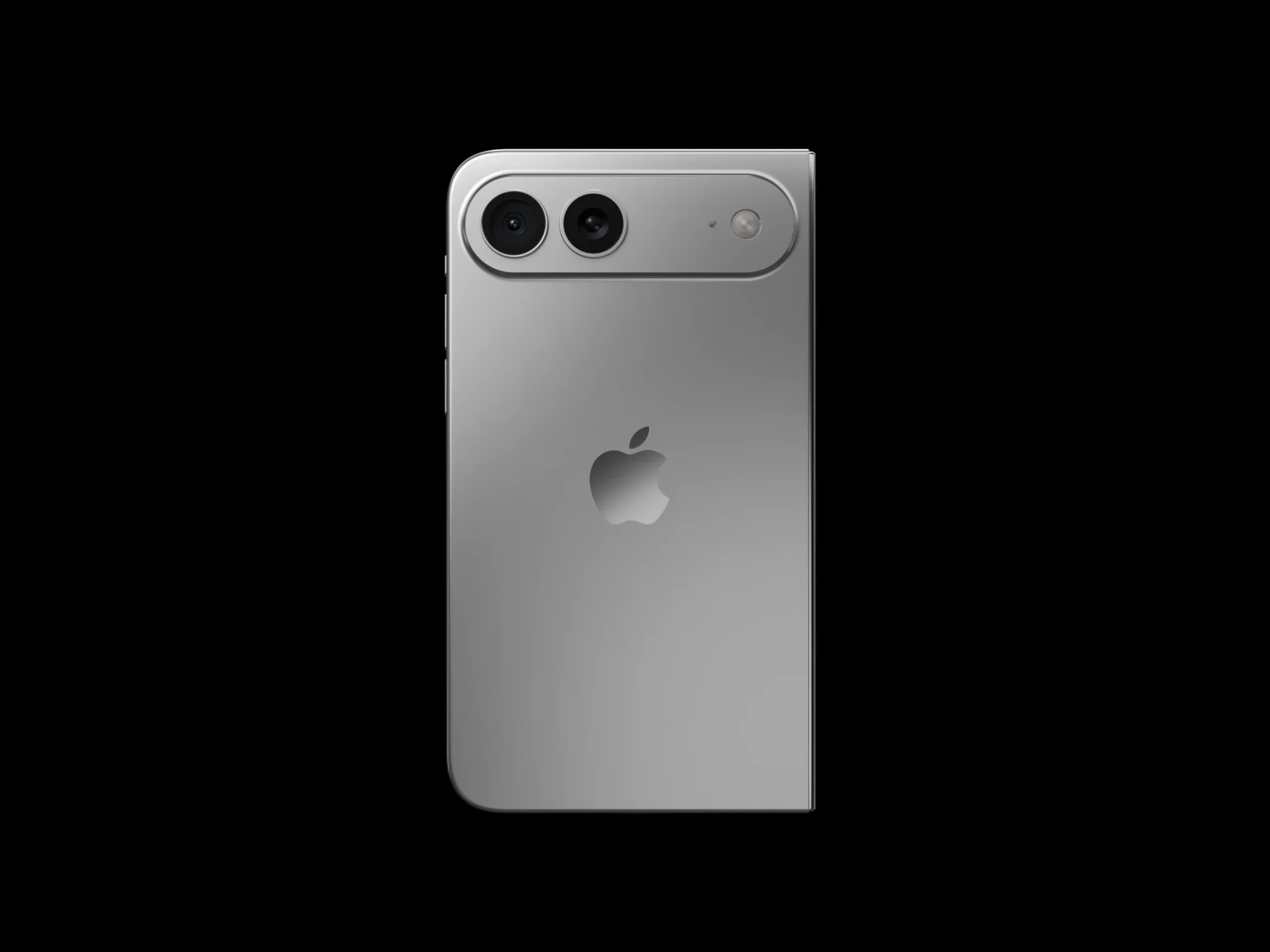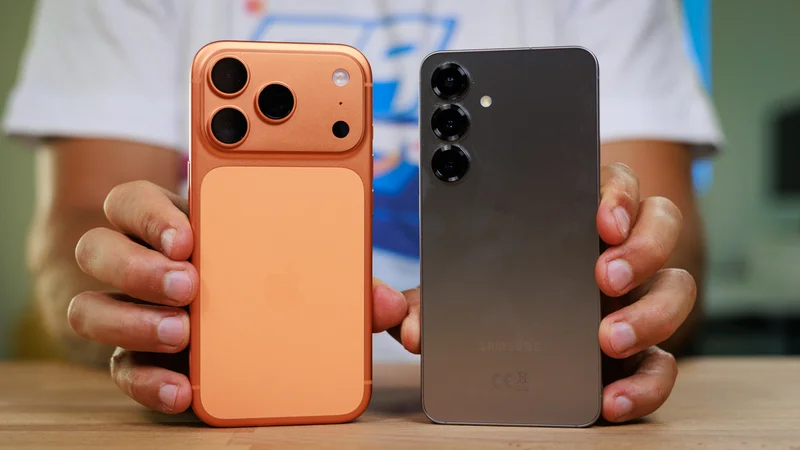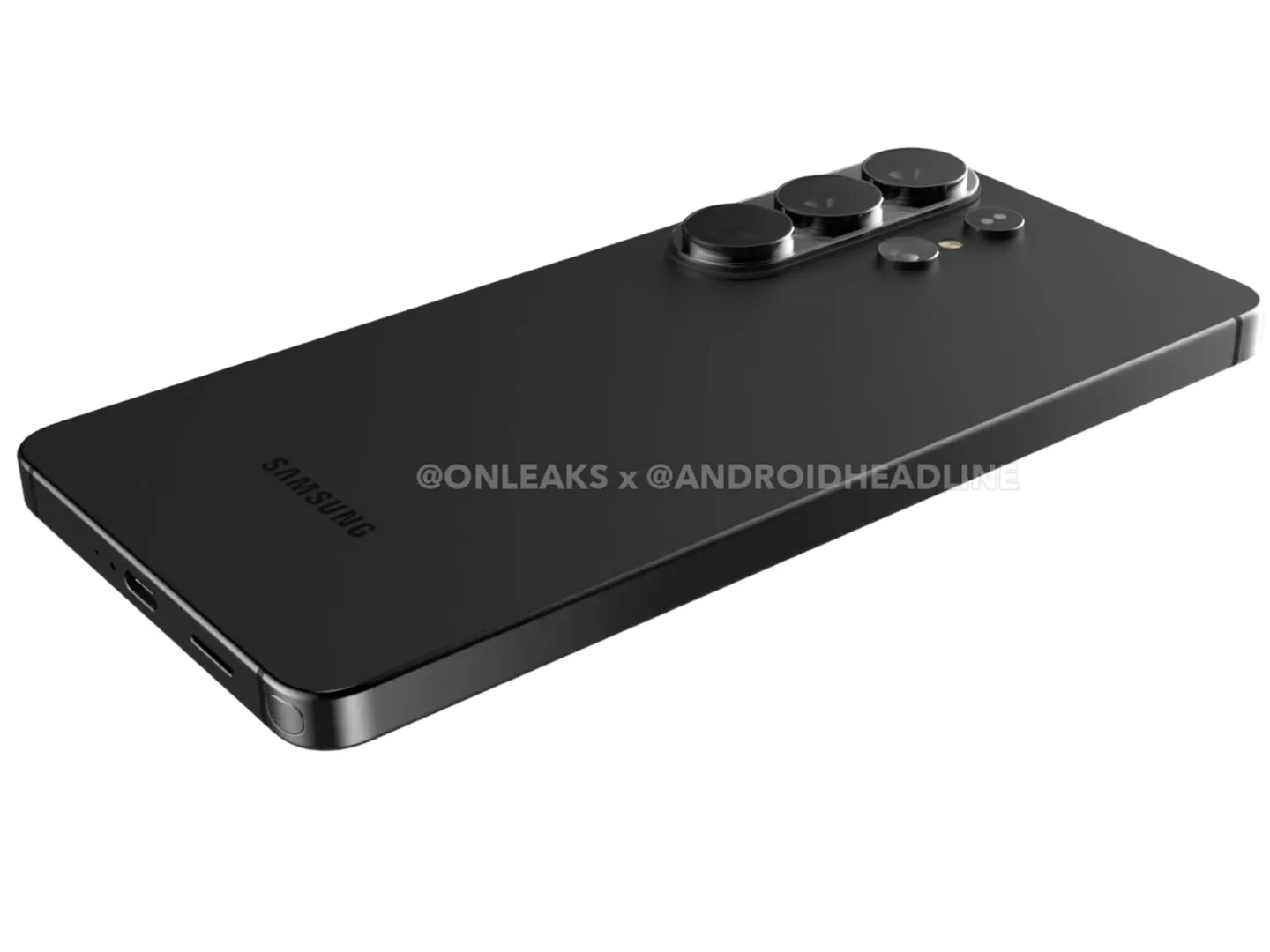The OnePlus 15 has officially launched worldwide as of this Thursday, stirring up interest among flagship smartphone enthusiasts. With its fresh hardware and pricing structure, many are wondering: is this the device that deserves your next upgrade?
To start, let’s break down the pricing. Overall, the costs remain similar to last year's OnePlus 14, though there are some regional adjustments – for example, in Europe, the 256GB model is priced €50 lower, while the 512GB variant is €50 more expensive. Meanwhile, in India, prices have increased by ₹3,000 compared to last year.
| 12GB RAM / 256GB | 16GB RAM / 512GB | |
|---|---|---|
| Europe (EU) | €950 | €1,100 |
| United Kingdom (UK) | £850 | £980 |
| United States (US) | $900 | $1,000 |
| Canada (CA) | C$1,300 | C$1,400 |
| India (IN) | ₹73,000 | ₹80,000 |
OnePlus 15 5G Available Offers
| 12GB RAM / 256GB |
€ 949.00

|
£ 849.00

|
| 16GB RAM / 512GB |
€ 999.00

|
£ 879.00

|
| View All Price Options | ||
Our in-depth OnePlus 15 review provides detailed insights, alongside a dedicated camera comparison with the OnePlus 13.
Looking at the specifications, the OnePlus 15 replaces the OnePlus 13 with the latest Snapdragon 8 Elite Gen 5 chipset and boasts a significant jump in battery capacity—from 6,000mAh to 7,300mAh. Notably, this enhancement applies to all markets including Europe, a relief in these fragmented times.





 The OnePlus 15 available in Infinite Black, Sand Storm, and Ultra Violet finishes
The OnePlus 15 available in Infinite Black, Sand Storm, and Ultra Violet finishes
However, there is a notable drawback: all three rear cameras have seen sensor downgrades. The 50MP main sensor is now 1/1.56” (previously 1/1.43”), the telephoto camera extends its zoom slightly to 3.5x (80mm) but has a smaller 50MP sensor (1/2.76” vs. 1/1.95”), and the ultra-wide camera has a narrower 116° field of view (down from 120°), along with a smaller sensor (1/2.88” compared to 1/2.75”).
On the display front, the 6.78” OLED LTPO screen now supports a faster 165Hz refresh rate (up from 120Hz), but the resolution drops to 1272 x 2772 pixels from 1440 x 3168 pixels, resulting in a reduced pixel density of 450ppi compared to the previous 510ppi.
The OnePlus 15 enters the market competing with other high-end devices running Snapdragon 8 Elite Gen 5 and Dimensity 9500 chipsets, many of which are making their way to global markets. Several competitors feature advanced 200MP sensors in their telephoto cameras — surpassing the OnePlus 15’s sensor specs.
For context, the vivo X300 Pro retails at approximately €1,400 for the 16GB/512GB model — €300 more than the OnePlus 15. Meanwhile, the OnePlus 13 remains available at a lower price than the new model.



 Flagship competitors: vivo X300 Pro, Realme GT 8 Pro, Honor Magic8 Pro, Xiaomi 17 Pro Max
Flagship competitors: vivo X300 Pro, Realme GT 8 Pro, Honor Magic8 Pro, Xiaomi 17 Pro Max
So here’s our question: given this mix of pros and cons, could the OnePlus 15 be your next flagship phone?








